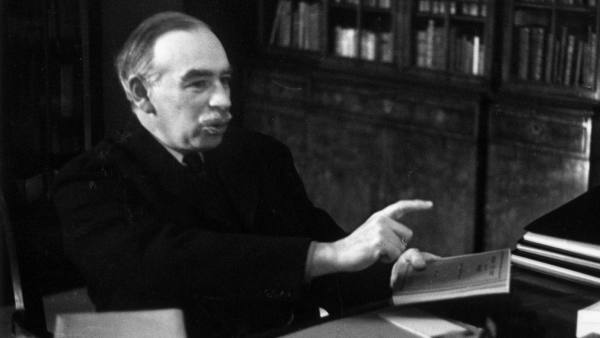“One can always ask for more evidence – but taking precautionary action while gathering that evidence is sometimes wise”. This was Professor Jonathan Birch, in a recent post for LSE Philosophy Blog: How to respond to Omicron: lessons from Alpha.
I agree and complement: the sad reality is that these precautionary actions obviously cannot be evidence-based in practice. This is the reality in most situations that demand policy-making decisions, but which seems to be ignored by most staunch advocates of purely evidence-based policy.
Here we can see the fundamental confusion at work. Policymakers seem to confuse the absence of evidence with evidence of absence:

Purely evidence-based policies are as beautiful in theory as they are unfeasible in practice. It is a tough fact, but it is a fact that must be addressed. Why? In the context of the COVID-19 pandemic, e.g., this should be obvious:

Professor Birch’s suggestion seems quite reasonable, although I think determining stakes is not that simple (perceived stakes can and probably are endogenously determined by the available evidence…):



